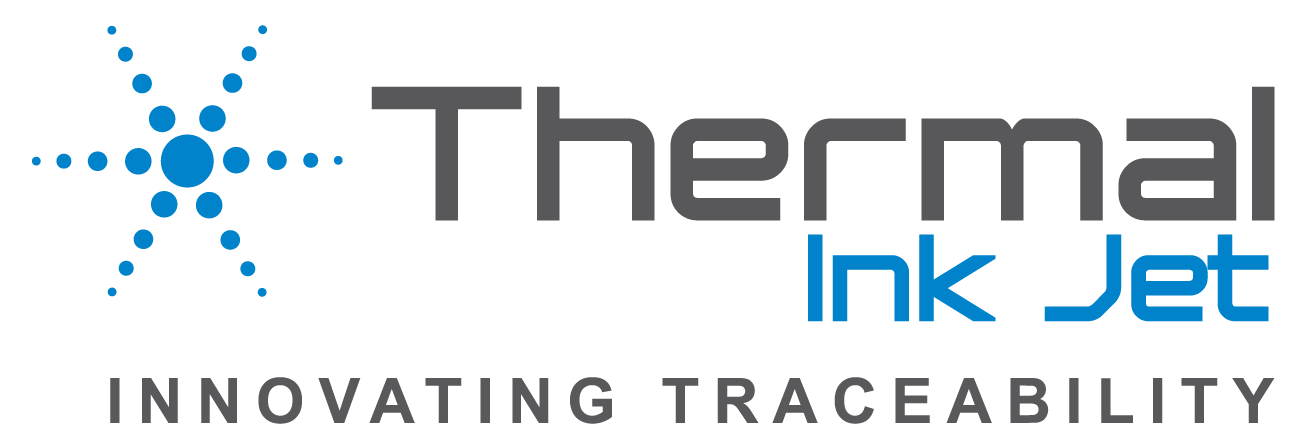Introduction
As supply chains grow increasingly complex, governments and regulatory bodies across the globe are implementing stringent traceability regulations to ensure product safety, transparency, and sustainability. From food and pharmaceuticals to textiles and electronics, industries are adopting advanced traceability systems to comply with these evolving standards. In this blog, we analyze the impact of traceability on global regulations in key markets such as the US, EU, and Asia.
Understanding Traceability and Its Importance
Traceability refers to the ability to track the journey of a product or material throughout the supply chain, from its origin to the end consumer. Key benefits include:
- Compliance with Regulatory Standards: Ensuring adherence to laws governing safety, labeling, and sustainability.
- Consumer Confidence: Offering transparency about product origins and manufacturing processes.
- Risk Mitigation: Quickly identifying and isolating defective or contaminated products.
US Regulations and Traceability
The United States has established robust traceability requirements across various industries.
- Food Safety Modernization Act (FSMA):
The FSMA mandates traceability in the food industry to prevent contamination and ensure quick recalls when necessary. Technologies like blockchain, QR codes, and RFID tags are being used to meet these requirements. - Drug Supply Chain Security Act (DSCSA):
Pharmaceutical companies must implement serialized tracking systems to combat counterfeit drugs and enhance patient safety. - Environmental Compliance:
Emerging regulations require companies to document and reduce their environmental impact, particularly in the packaging and electronics sectors.
 Traceability in the European Union
Traceability in the European Union
The EU leads the way in traceability regulations, emphasizing sustainability and consumer protection.
- EU Green Deal:
Traceability is central to the EU’s circular economy strategy, which promotes sustainable practices and recycling across industries. - General Food Law:
The EU mandates comprehensive food traceability systems to monitor the movement of food products through the supply chain. - Falsified Medicines Directive (FMD):
This directive requires pharmaceutical companies to adopt unique identifiers and anti-tampering devices for enhanced drug safety.
Asia’s Growing Focus on Traceability
Asia, home to some of the world’s largest manufacturing hubs, is rapidly embracing traceability.
- China’s Food Traceability System:
China has implemented rigorous traceability standards for food safety, using technologies like QR codes to track products from farms to shelves. - Japan’s Pharmaceutical Guidelines:
Japan enforces strict traceability for pharmaceuticals, ensuring compliance with global safety standards. - India’s Textile and Agriculture Standards:
India’s traceability initiatives focus on organic certification in agriculture and sustainability in the textile sector.
Key Challenges in Implementing Traceability
Despite its benefits, traceability implementation poses several challenges:
- High Costs: Developing and maintaining traceability systems can be expensive, especially for small businesses.
- Complex Supply Chains: Global supply chains involve multiple stakeholders, making data integration difficult.
- Compliance Variations: Different countries have unique regulatory frameworks, complicating compliance for multinational companies.
Technologies Driving Traceability
- Blockchain:
Blockchain ensures secure and transparent record-keeping, making it ideal for industries like food, pharmaceuticals, and luxury goods. - QR Codes and RFID Tags:
These technologies enable real-time tracking of products, simplifying compliance and enhancing consumer engagement. - AI and IoT:
Artificial intelligence and Internet of Things devices provide predictive analytics and real-time data, improving supply chain efficiency.
 The Future of Traceability Regulations
The Future of Traceability Regulations
As consumer awareness and regulatory scrutiny increase, traceability will continue to evolve. Key trends include:
- Global Standardization: Efforts to harmonize traceability requirements across borders.
- Focus on Sustainability: Regulations will increasingly emphasize environmental accountability.
- Consumer-Driven Transparency: Brands will adopt traceability as a competitive advantage to meet consumer demands.
Conclusion
Traceability is reshaping global trade by ensuring compliance with stringent regulations, enhancing transparency, and fostering consumer trust. As major markets like the US, EU, and Asia lead the way, businesses must invest in innovative traceability solutions to stay competitive. By embracing this shift, companies can not only meet regulatory demands but also build stronger, more sustainable supply chains.



